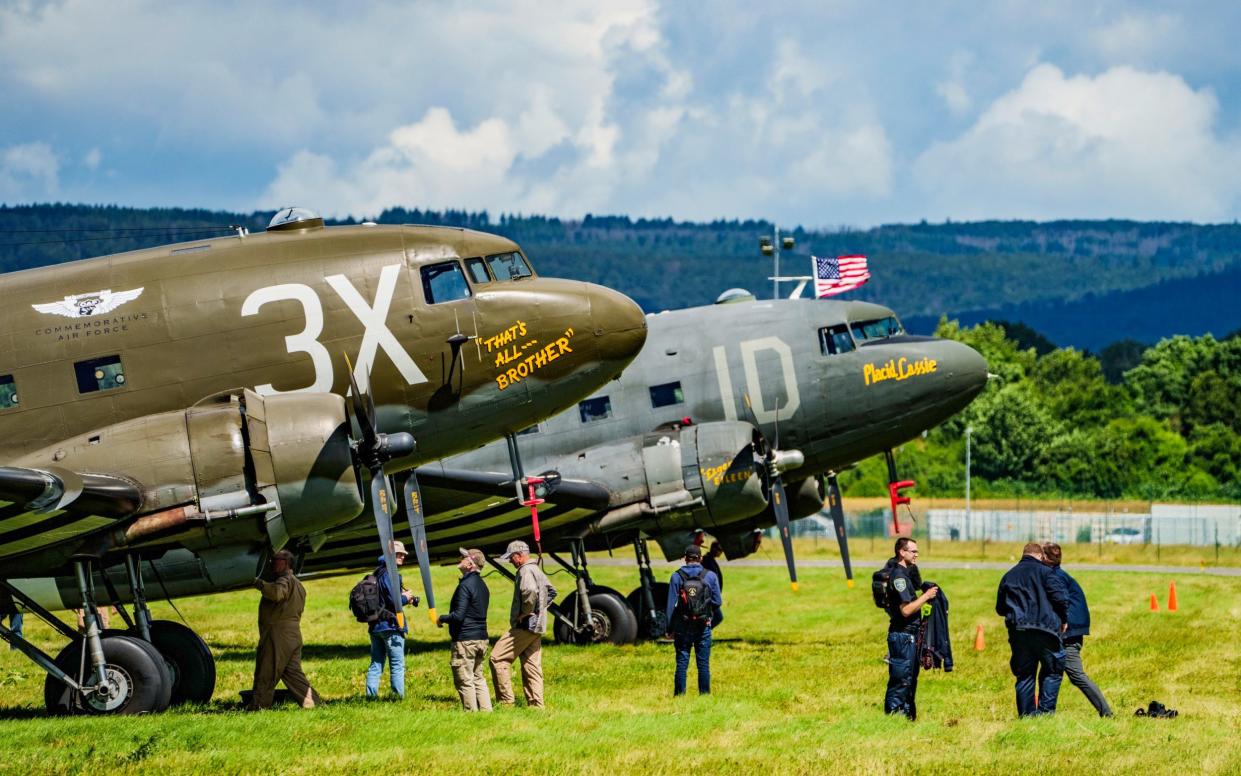Germany marks veterans’ day for first time since end of Second World War

Germany’s retired soldiers marked Saturday with their first Veterans’ Day since the end of the Second World War, breaking the country’s decades-old taboo over celebrating its armed forces.
Army veterans held a series of low-key events across the country on the first day dedicated to their service, with official events set to take place every June 15th starting next year.
Former soldiers met up to visit war memorials, organised information stands and went on motorcycle tours together on the first day of an event described as “long overdue” by MPs in Berlin.
“We finally feel that we have been accepted and recognized in society,” said Bernhard Drescher, head of the Association for German Veterans, a group that has been campaigning for a veterans’ day for over a decade.
“Now it is up to politicians, society and us in the veterans association to fill this day with life,” he added.
The first official event will be organised by the Defence Ministry next year.
Landmark decision
On Friday, MPs from four of the main factions in the Bundestag, Germany’s parliament, invited veterans to the Reichstag to meet the politicians who had drafted the bill to re-introduce veterans day celebrations that passed in a landmark decision two months ago..
“Gemany owes it to its veterans to hear their stories,” said Bundestag speaker, Bärbel Bas, at the event.
She added that the return of war to Europe meant it was “a good moment to establish a visible veterans’ culture”.
For years, a dedicated day for former soldiers was nowhere near the top of the political agenda in Germany, a country still wary of its own military past.
However the Russian invasion of Ukraine has caused a seismic shift in societal attitudes, with Germans now questioning whether the decision to slash defence spending after the Cold War was naive.
Speaking days after Russian troops crossed the border into Ukraine, Olaf Scholz, the German Chancellor declared the start of a Zeitenwende, or new era, in which Germany would pour billions of euros into revamping a military that had been neglected for decades.
Parties like the Greens, who have 118 of the 733 seats in the current parliament, that were long associated with pacifism have become some of the most hawkish voices on providing Ukraine with military hardware.
Green MPs joined lawmakers from Mr Scholz’ Social Democrats and other factions to pass the law introducing a veterans’ day.
Only the hard-Left Die LInke party opposed the move.

 Yahoo News
Yahoo News 
